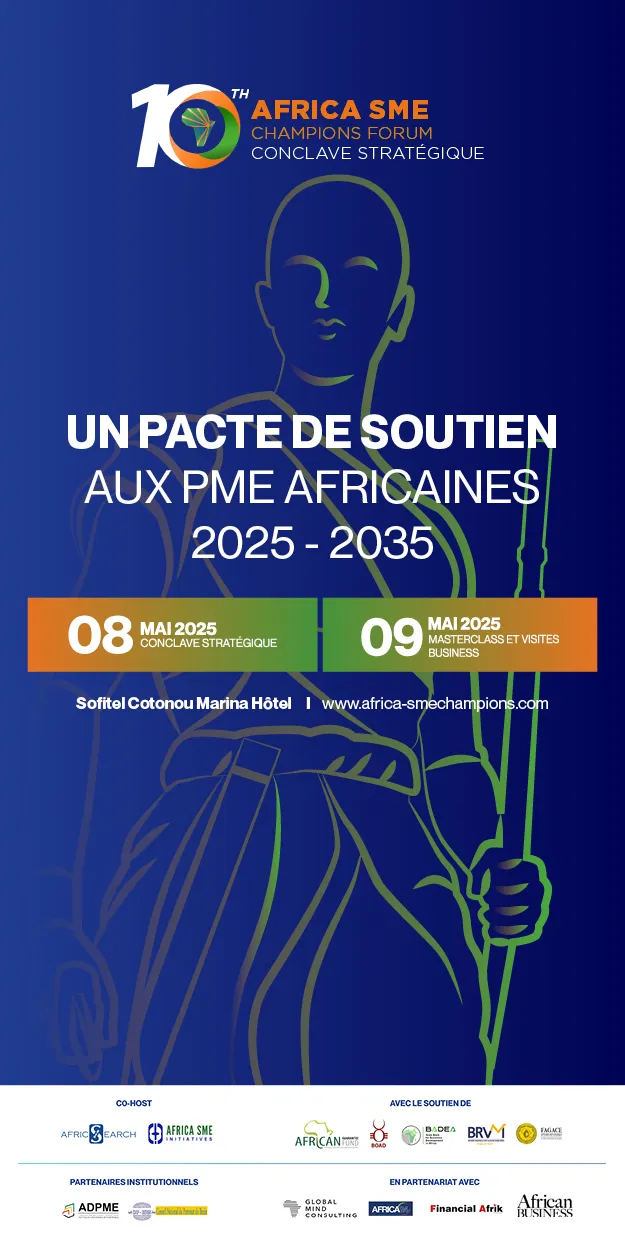This year’s list of Africa’s top-250 publicly listed companies shows a few small, but meaningful, changes in the upper slopes of the continent’s corporate landscape, but in the most part the table is a calcification of old trends.
Lower international prices for copper, oil, iron ore and precious metals have created considerable headwinds for many export-dependent countries. The International Monetary Fund and the World Bank have both moderated their growth forecasts for the continent, with primary commodity exporters hardest hit.
This year’s top 250 African companies reflects that fall. The fall in the price of key commodities, notably copper, iron ore, gold and platinum, has pushed down the value of mining company stocks, which are closely correlated to the underlying prices for metals. In 2012, metals and mining comprised nearly 33% of the market capitalisation of the top 250; this year it is just 19.5%.
The gradual de-concentration of African economies away from primary commodity exports and towards consumer goods and services is a long-term, secular trend. However, stock markets across the continent – and particularly this aggregate of continental stocks, are poor proxies for that long-term story.
Despite the fall in mining and minerals stocks, the overall market capitalisation of Africa’s top 250 has leapt above its 2011 level, after three years of gradual increases, but the dominance of South African companies has only increased.
This is a reflection of the maturity of the Johannesburg Stock Exchange and the relative weakness of markets across the rest of the continent. The JSE is a global bourse, and many of the companies listed on it make more of their returns outside of Africa than within it.
The first 10 companies on the list – all of which are listed in South Africa – make up close to half of the total market capitalisation of the top 250. Among them are mining giants, such as BHP Billiton, which later this year will carve out its African operations into a new entity, South32, and the luxury goods maker Richemont – although some, such as Standard Bank (7) and MTN (5), while listed in South Africa, are now pan-African businesses.
South Africa comprises around 14.6% of Africa’s GDP; its companies make up 79.6% of the market capitalisation of the top 250 publicly listed companies. Morocco, which has one of the more developed exchanges in Africa, is slightly over-represented, with 5.0% of the market capitalisation, versus 4.6% of the GDP.
By contrast, companies from Nigeria, Africa’s largest economy – which makes up 23.9% of the total GDP of the continent – only represent 4.6% of the top 250 companies by market capitalisation, and 12.4% by number. Egypt makes up nearly 12% of the continent’s GDP; its companies comprise 4.5% of the top 250’s market capitalisation.
Egypt’s nascent recovery has not entirely translated into a recovery in its stock markets, and political risk across the Middle East has made investors jumpy. Only Commercial International Bank (27) made the top 50.
Nigeria’s only top-10 company in 2014, Dangote Cement, slid to 15 as the Nigerian Stock Exchange shed value as the fiscal and political environment in the country spooked investors.
The country’s prospects – and its stock market capitalisation – are looking stronger after its March presidential election passed power from the incumbent to the challenger, Muhammadu Buhari, but sub-$65 oil has undermined the macroeconomic outlook, meaning that the road back to the top 10 could be a long one.
Want to continue reading? Subscribe today.
You've read all your free articles for this month! Subscribe now to enjoy full access to our content.
Digital Monthly
£8.00 / month
Receive full unlimited access to our articles, opinions, podcasts and more.
Digital Yearly
£70.00 / year
Our best value offer - save £26 and gain access to all of our digital content for an entire year!

 Sign in with Google
Sign in with Google 





